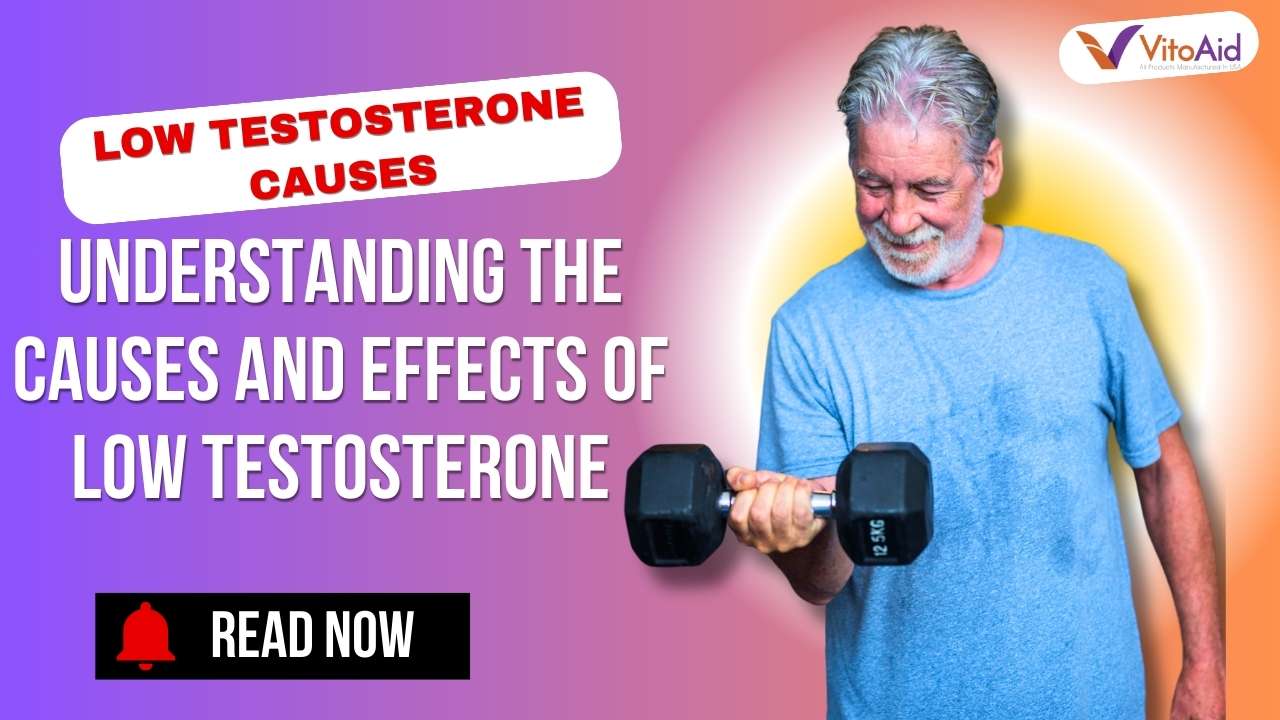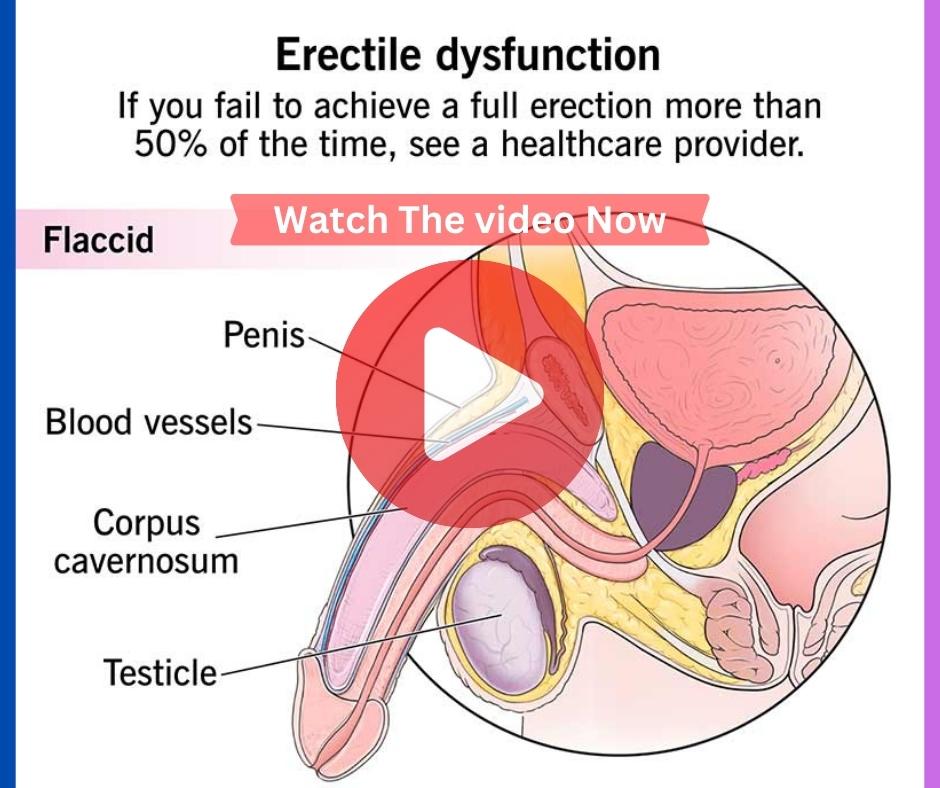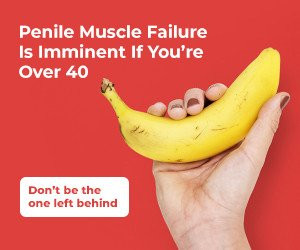Understanding the Causes and Effects of Low Testosterone
Introduction: Low testosterone, often called Low T, is a condition that affects many men as they age, but it can also occur due to various medical conditions and lifestyle factors. Understanding the causes, symptoms, and potential effects of low testosterone is crucial for maintaining overall health and wellbeing. This blog post delves into why testosterone levels drop, the subtle symptoms that might go unnoticed, and what steps can be taken to address low T. By the end of this article, you’ll have a comprehensive understanding of low testosterone and how it may impact you or someone you know.
Common Causes of Low Testosterone
Getting Older
One of the primary causes of low testosterone is aging. Testosterone levels are highest in men around age 17, but they begin to decline gradually once men reach their 30s and 40s. On average, testosterone levels decrease by about 1% each year. This gradual decline can become more pronounced with age, leading to a 30% reduction by age 70. Despite this, many men in their 70s still have testosterone levels within the normal range and can father children.
Medical and Lifestyle Factors
Aside from aging, there are several other causes of low testosterone, including side effects from medical treatments such as chemotherapy, injuries to the testicles, testicular cancer, significant weight gain, and issues with the pituitary gland, which regulates hormone production. These factors can contribute to a decrease in testosterone production and may require medical intervention.
Symptoms of Low Testosterone
Obvious Symptoms
Some symptoms of low testosterone are more straightforward and include a decreased sex drive, erectile dysfunction, and low sperm count. These symptoms directly affect a man’s reproductive health and can significantly impact his quality of life and mental wellbeing.
Subtle Symptoms
Other symptoms of low testosterone are less noticeable but can still dramatically affect quality of life. These include fatigue, reduced energy levels, a decrease in lean muscle mass, loss of body and facial hair, and increased body fat. Additionally, low T can contribute to mental health issues such as depression, irritability, and difficulty concentrating.
Understanding the Overlap with Erectile Dysfunction
Correlation and Distinction
While erectile dysfunction (ED) can be a symptom of low testosterone, it is not exclusively linked to it. Some men with low T may not experience ED, while others might have erectile issues despite having normal testosterone levels. Differentiating between low T and ED is essential for proper diagnosis and treatment.
Impact on Libido
Low T is known to lower libido, often leading to a reduced interest in sexual activity. However, it’s crucial to investigate whether low libido is causing ED or if other factors, such as psychological issues or chronic stress, are contributing to the problem.
Addressing Low Testosterone
Medical Treatments
There are several treatment options available for those diagnosed with low testosterone, ranging from hormone replacement therapies to lifestyle changes. A doctor can recommend the best course of action based on individual health needs and the underlying cause of low testosterone.
Lifestyle Changes
Making healthy lifestyle changes, such as losing weight, exercising regularly, managing stress, and ensuring a balanced diet with sufficient vitamins and minerals, can often help improve testosterone levels naturally. It’s crucial to address lifestyle factors alongside any medical treatments for optimal results.
Conclusion
Summary of Key Points
This blog post covered the primary causes of low testosterone, from natural aging to medical and lifestyle factors. We discussed the obvious and subtle symptoms of low T and how it can sometimes overlap with erectile dysfunction. Finally, the article provided an overview of treatment options available, both medical and lifestyle-based, to tackle low testosterone effectively.
Call to Action
If you suspect you or someone you know may be experiencing low testosterone, it’s important to consult a healthcare professional for diagnosis and guidance. Consider subscribing to our newsletter for more insights on men’s health topics or sharing this post on social media to spread awareness about low testosterone and its effects.
RELATED:







